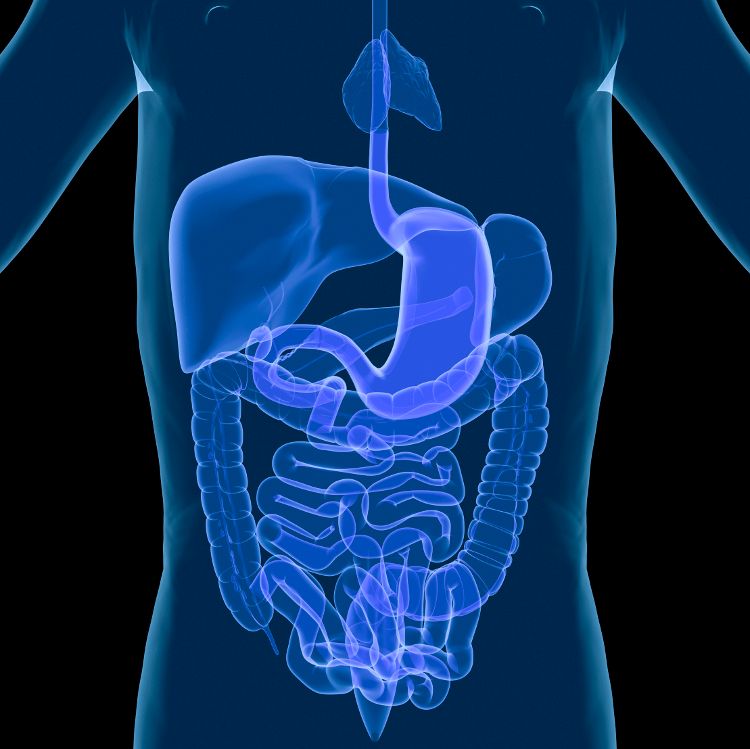Gut microbiota and immune cells communicate during immune response, find researchers
A new study has found a relationship between gut microbiota and immune cells that allows the body to mount an effective immune response and control inflammation.
Photo © iStockphoto.com/Raycat

A new study published in Immunity1 has found a relationship between gut microbiota and immune cells that allows the body to mount an effective immune response and control inflammation. This study builds upon previous animal studies that found microbiota are required to fight Salmonella, for example, because use of antibiotics to remove certain gut bacteria results in the inability of the animal to produce an effective immune response.
This previous research also showed that an effective immune response depended on immune cells called antigen-presenting cells that tell other immune cells called T cells to mount an inflammatory response against the microbes. Microbiota, in turn, reduce the inflammatory response by instructing the antigen-presenting cells to secrete the anti-inflammatory molecule cytokine IL-10.
This new research sought to understand how the microbiota could induce these responses. When researchers gave laboratory animals antibiotics, they saw that the antigen-presenting cells did not produce IL-10. When bacteria were repopulated in the animal’s gut, the researchers learned that only bacteria able to attach to the intestinal epithelium were able to trigger IL-10 production by antigen-presenting cells.
“It’s somewhat counterintuitive because microbes that can attach to the intestinal epithelium can potentially cause disease. But in this case, we found that the attachment of bacteria to the epithelium was not causing damage; on the contrary, it was necessary to promote a balanced regulation of the T cell responses that would help protect the gut,” said one of the researchers, Gretchen Diehl, PhD, in a press release. Diehl and her colleagues intend to learn more by investigating the signaling pathways activated when the microbes attach to the epithelial cells.
References:
1. Kim M et al. “Critical role for the microbiota in CX3CR1+ intestinal mononuclear phagocyte regulation of intestinal T cell responses.” Immunity, vol. 49, no. 1 (2018): 151-163
Standardized valerian extract shows acute sleep benefits after one day, says recent study
December 10th 2024Results showed that after a single dose, people taking the Valerian extract experiences an acute benefit on sleep, namely a significant increase in actual sleep time compared to baseline.